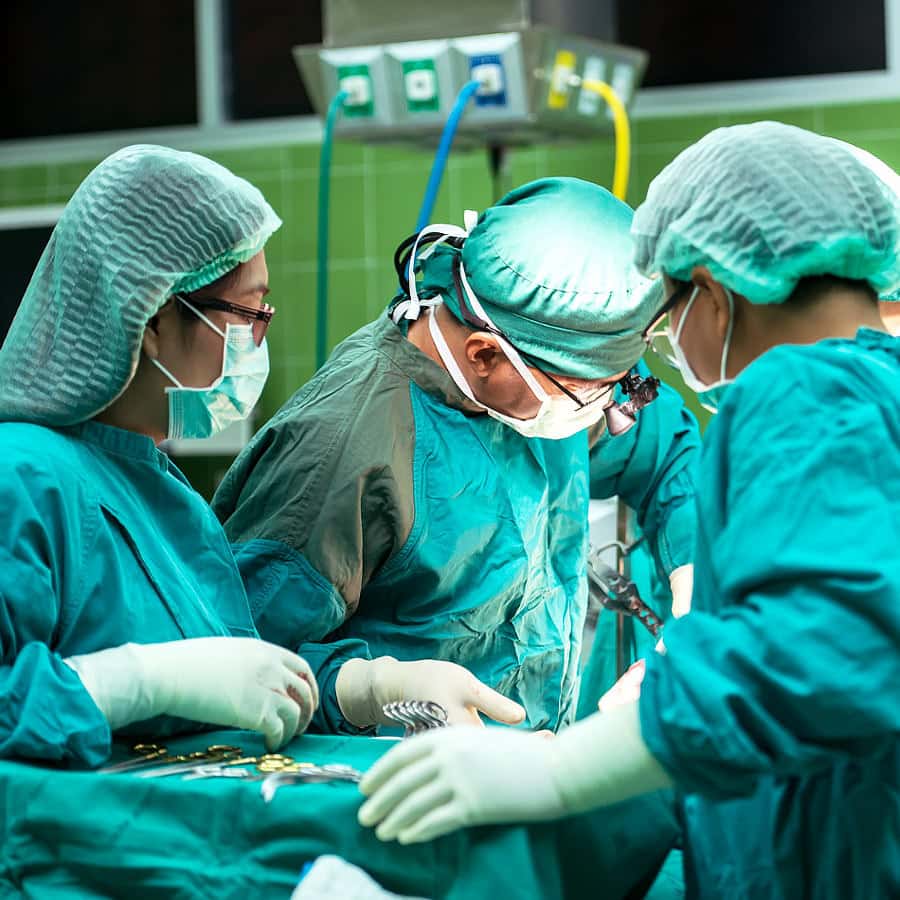
Have you ever gone into the hospital for a planned surgery? If so, you’ve probably been offered some materials that explain the procedure and tell you what to expect, when to arrive and how long you should fast beforehand. A reader recently reported reading that eating potatoes or tomatoes could interfere with a quick recovery from surgery. You may not be told that, but it could be worth remembering.
How Could Vegetables Affect Your Recovery from Surgery?
Q. When I had surgery, the head of anesthesiology came by and talked with me beforehand. I mentioned an article I had read. It advised avoiding potatoes, tomatoes and eggplant several days before surgery. These foods cause problems clearing the effects of drugs used during surgery. She responded that in 22 years in the field, she’d never heard that.
After my surgery, the anesthesiologist came back to see me and was impressed with my recovery from surgery. That inspired her to search the article I’d mentioned, and she found a study from the University of Chicago around 1998.
The surgeon also was impressed by how well I was doing after anesthesia. Others might appreciate knowing this, since it can be difficult to clear anesthesia from our systems.
What Do Potatoes Do?
A. We too were unaware of the impact of solanaceous vegetables such as potatoes, peppers, eggplant, tomatillos or tomatoes. These foods impact an enzyme called acetylcholinesterase which is important in clearing muscle relaxants similar to curare (Anesthesiology, Aug. 2000). Such medications are often used during surgery, especially abdominal surgery.
We found only a few research articles related to this topic, so it is not surprising that your anesthesiologist was unaware of this potential reaction. Tobacco is also a member of this nightshade family, although you should avoid tobacco for lots of reasons, not just recovery from surgery. Some botanicals from other plant families also inhibit cholinesterase (Pharmacognosy Reviews, July 2013). In theory, they too could interfere with quick recovery from muscle relaxants.
Citations
- McGehee DS et al, "Cholinesterase inhibition by potato glycoalkaloids slows mivacurium metabolism." Anesthesiology, Aug. 2000. DOI: 10.1097/00000542-200008000-00031
- Ahmed F et al, "Cholinesterase inhibitors from botanicals." Pharmacognosy Reviews, July 2013. DOI: 10.4103/0973-7847.120511

